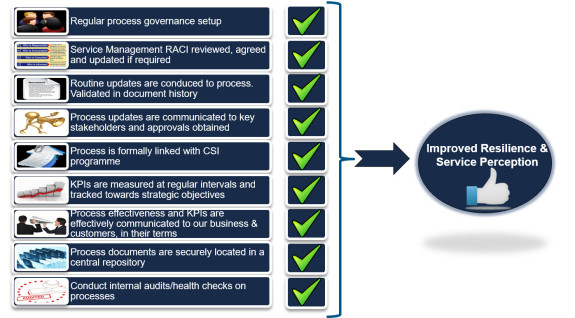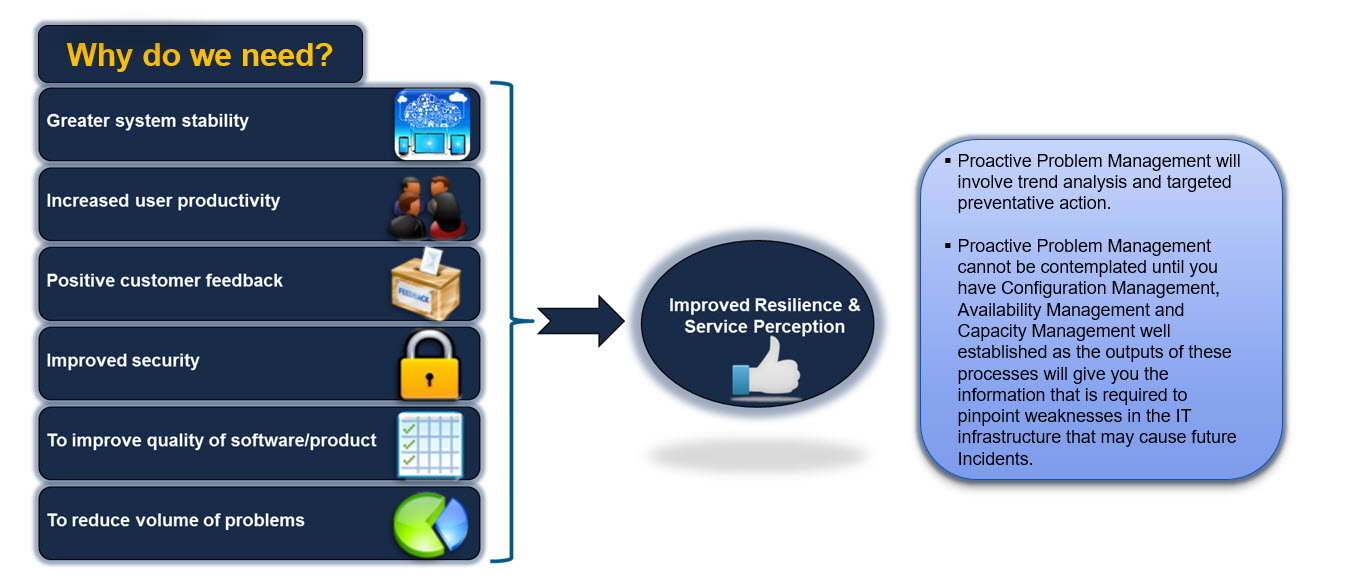Integration Testing Timer-Triggered Precompiled v2 Azure Functions
In a recent post, I described a way to run integration tests against precompiled C# Azure Functions using the v2 runtime. In that post, we looked at an example of invoking an HTTP-triggered function from within an integration test.
Of course, there are plenty of other triggers available for Azure Functions too. Recently I needed to write an integration test against a timer-triggered function and decided to investigate the best way to do this.
The Azure Functions runtime provides a convenient API for invoking a timer-trigger function.… [Keep reading] “Integration Testing Timer-Triggered Precompiled v2 Azure Functions”





